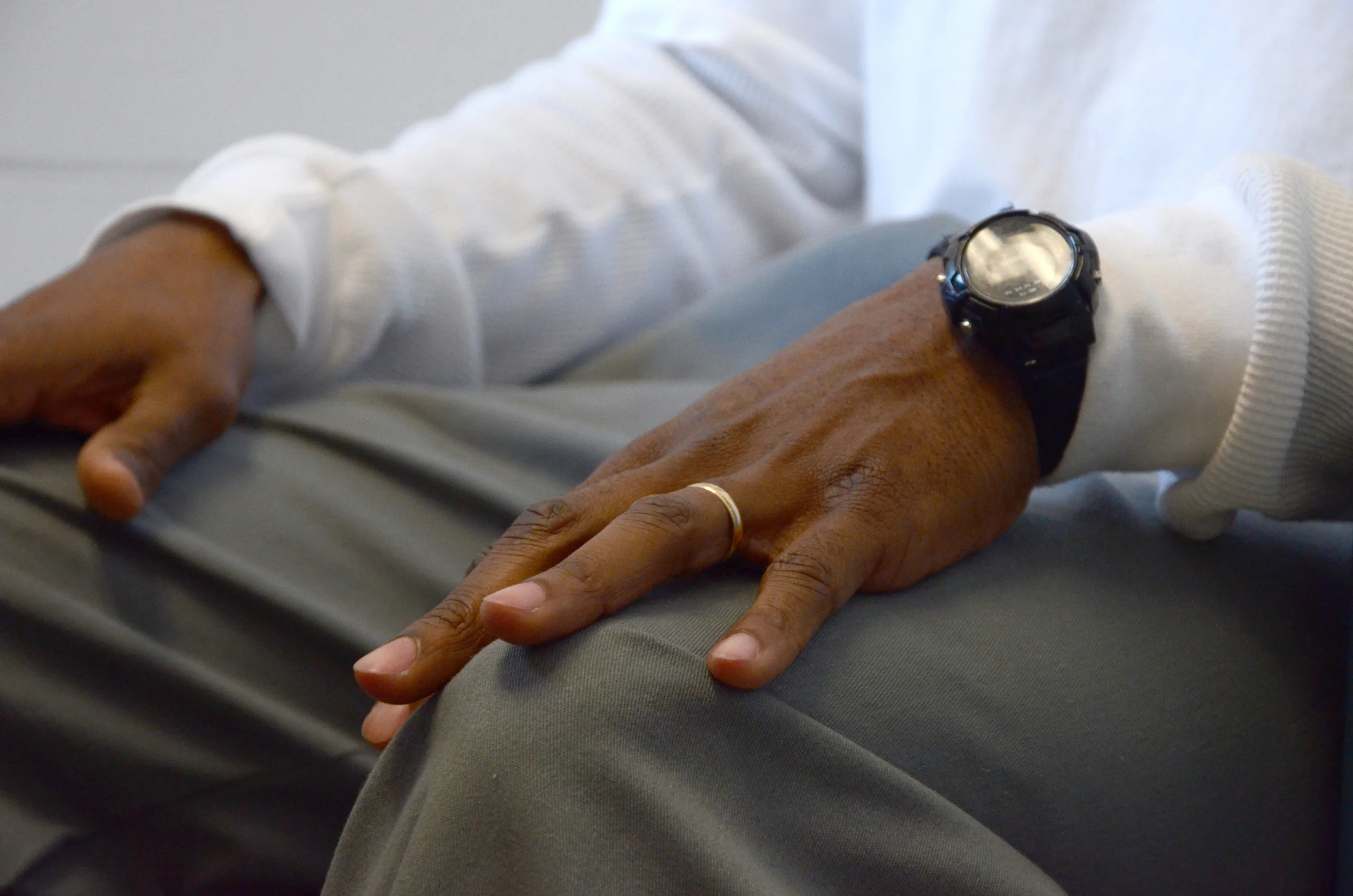PRODUCER & EDITOR
Convergence Reporting
Juvenile offenders gain parole hearings but face additional challenges
BY LAUREN WRIGLEY, KATHERINE HUGHES & DANIELLE HOGERTY
The Missouri Supreme Court ruled in March that juvenile offenders who committed first-degree murder will no longer face mandatory life without parole. Instead, they will be able to apply for parole hearings after serving 25 years in prison. Being given this chance is not the same as receiving their freedom. Even with these changes, being granted parole is difficult for violent offenders in Missouri. Buchanan County Prosecuting Attorney Dwight Scroggins argues this difficulty is intentional. “Rehabilitation in a first degree murder case is generally not the main point,” Scroggins said. “When you kill someone, the primary purpose of the statute is punishment, not rehabilitation.”





Dennis Booker, convicted of second-degree murder with a chance for parole, isn’t helped by either of the court’s rulings. But he knows first-hand that getting parole isn’t easy. Booker has been up for parole three times and was rejected each time. While in prison, Booker earned a college degree, married his wife and completed self-help programs at the prison. Booker believes he is a different person now but doesn’t expect the parole board to seriously consider releasing him. “Being a person who has put forth so much in changing who I am, the prospect of spending the rest of my life in prison, it tears me up,” Booker said. Despite Booker’s claim of rehabilitation, Sullivan County Prosecuting Attorney Bryan Keedy argues the gravity of violent crimes and offenders’ potential to commit future crimes should keep them behind bars. “The best predictor is past behavior, and I just think that it’s too big of a risk to run for society to guess about what’s going to happen, especially when other people’s lives are involved,” Keedy said.
Greg Mermelstein, Deputy Director of Specialty Practices and Resources at the Missouri State Public Defender’s office, emphasized the difference between juvenile and adult offenders. “I don’t think children should ever be sentenced to life in prison without parole. That’s not to say that children who commit crimes should have no consequence for that,” Mermelstein said. “But we need to recognize that children are different than adults, and we need to have different punishments for children.” Booker said every denial he received from the parole board has been based on the seriousness of his offense, despite the fact that he was a juvenile when he committed the crime. Booker’s lawyer Jennifer Bukowsky said he is not the only one. “If your offense is serious, and you have life, it’s difficult to obtain parole even if you have shown rehabilitation in prison,” Bukowsky said. The Missouri Supreme Court ruling guarantees juveniles convicted of first-degree murder a day in front of a parole board, but that hearing is still an obstacle on their new path to freedom.
